Are you yearning to immerse yourself in the timeless allure of ancient Egypt? The land of pharaohs, pyramids, and rich history beckons you to embark on a journey like no other. Planning a unique Egypt tour requires careful consideration and a sprinkle of wanderlust. In this comprehensive guide, we will unravel the secrets of crafting an unforgettable adventure that delves deep into Egypt's mystique, ensuring you return home with a treasure trove of memories.
Section 1: Setting the Stage
1.1 Defining Your Egypt Experience: Begin your journey by envisioning the kind of experience you desire. Are you fascinated by historical landmarks? Do you seek thrilling desert adventures? Or, do you crave the serenity of the Nile River? Tailor your Egypt tour to align with your passions and interests.
1.2 Selecting the Ideal Time to Travel: Egypt's climate varies throughout the year, so choose the best time to visit based on your preferences. The cooler months from October to April are ideal for exploring historical sites, while the hot summer months offer unique opportunities for desert excursions.
Section 2: Crafting Your Itinerary
2.1 Exploring Egypt's Timeless Treasures: No Egypt tour is complete without visiting the iconic Pyramids of Giza, Sphinx, and the Egyptian Museum in Cairo. Consider adding lesser-known gems such as the temples of Edfu, Kom Ombo, and the mesmerizing Dendera complex to your itinerary.
2.2 Cruising the Nile in Luxury: Indulge in the classic charm of a Nile River cruise, where you can witness the changing landscapes and explore lesser-known ancient sites. Choose from a range of cruise options, from traditional feluccas to luxury vessels offering world-class amenities.
Section 3: Beyond the Beaten Path
3.1 Delving into Desert Adventures: Venture into the Sahara Desert for a surreal experience of golden dunes and ancient oases. Plan a desert safari on camelback, camp under the starlit sky, and immerse yourself in Bedouin culture.
3.2 Splendors of the Red Sea: For a different kind of adventure, head to the Red Sea coast. Discover underwater marvels as you snorkel or dive amidst vibrant coral reefs, surrounded by a kaleidoscope of marine life.
Section 4: Embracing Local Culture
4.1 Engaging with Friendly Locals: Egypt's warm and hospitable people will make your journey even more memorable. Engage with locals, learn about their customs, and savor traditional Egyptian cuisine to truly immerse yourself in the culture.
4.2 Experiencing Festivals and Traditions: Time your trip to coincide with special festivals and events such as Ramadan, Eid al-Fitr, or the mesmerizing Whirling Dervishes performances, for a deeper understanding of Egypt's traditions festivals and celebrations.
Section 5: Practical Tips and Precautions
5.1 Traveling Safely in Egypt: While Egypt is a safe destination, it's essential to be aware of local customs and adhere to any travel advisories. Stay vigilant in crowded areas and follow your guide's advice to ensure a secure journey.
5.2 Essential Packing List: Pack light, but don't forget essentials such as comfortable walking shoes, sunscreen, a hat, insect repellent, and appropriate clothing for visiting religious sites.
Conclusion:
Embarking on a unique Egypt day tours is a transformative experience that transcends time and culture. As you delve into Egypt's hidden gems and immerse yourself in its captivating history and traditions, you'll discover a treasure trove of unforgettable moments. With careful planning, an open heart, and a sense of adventure, your journey through Egypt will be nothing short of extraordinary.
Are you ready to step into the timeless world of Egypt? Start planning your unique Egypt travel packages today and prepare for a journey of a lifetime!

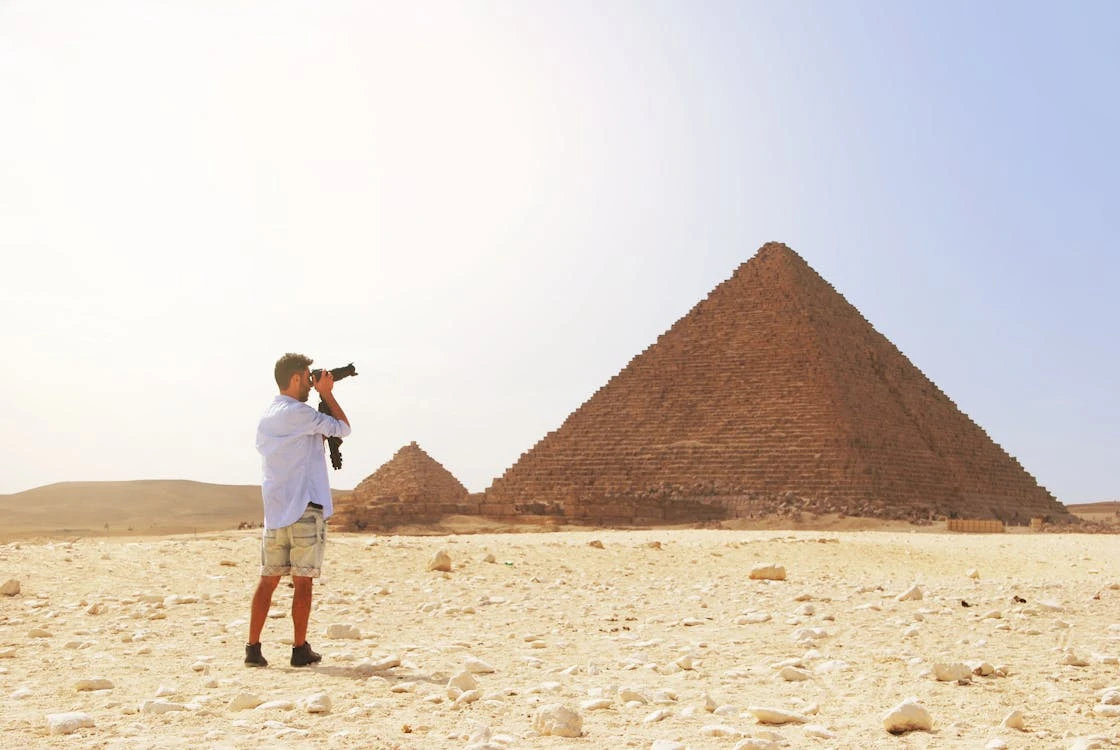


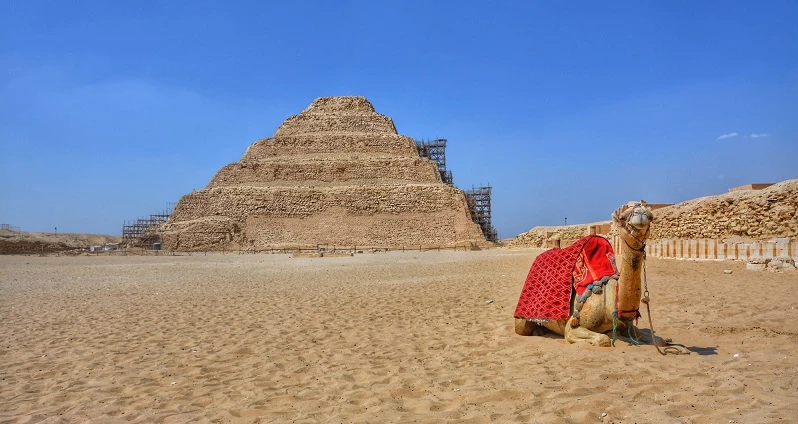

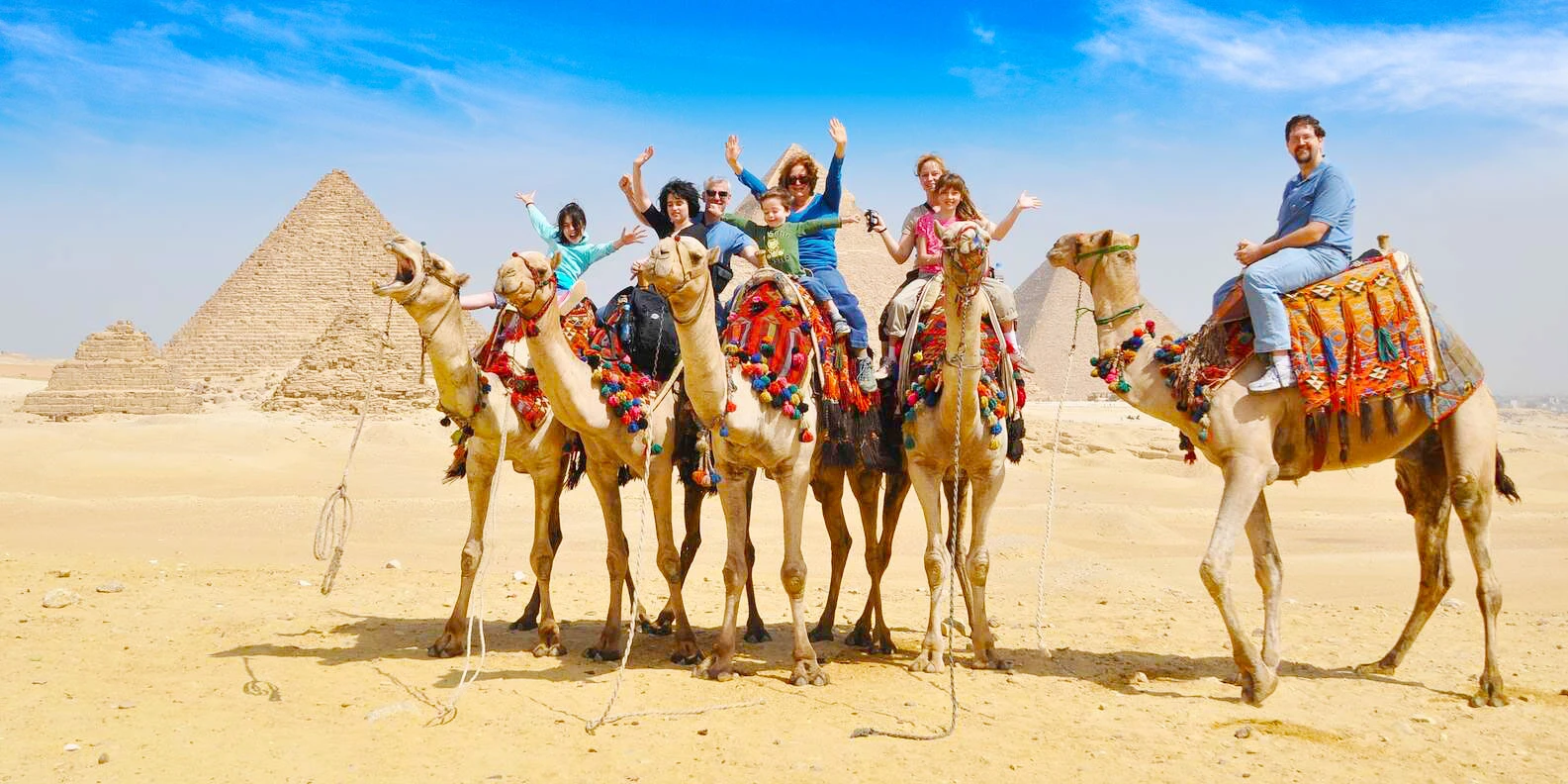
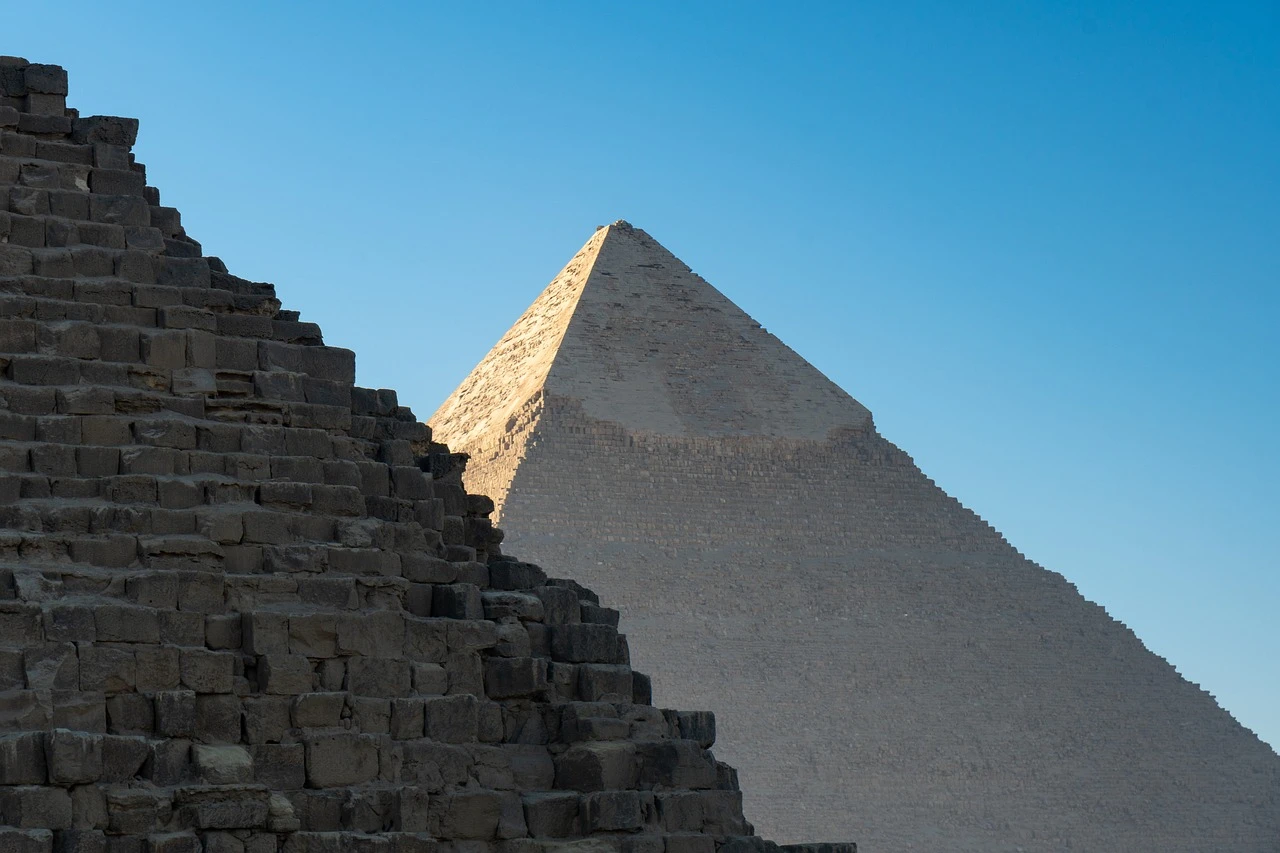
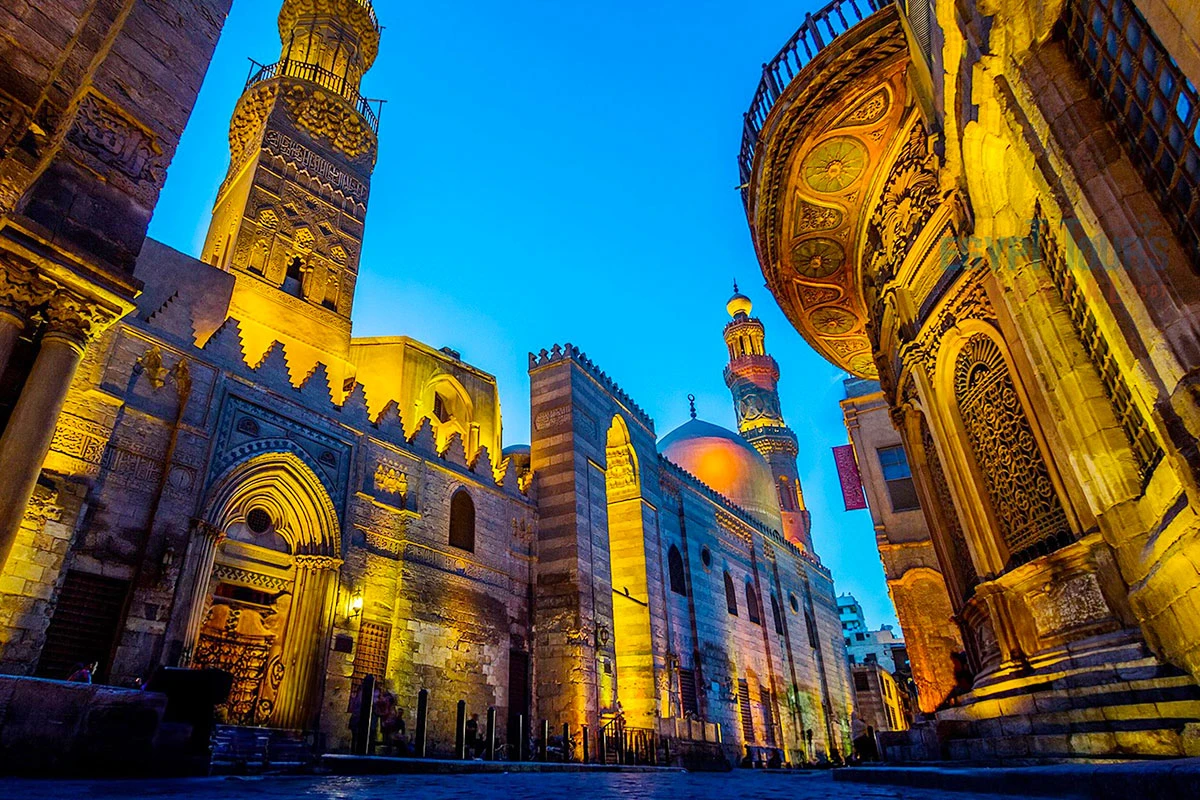

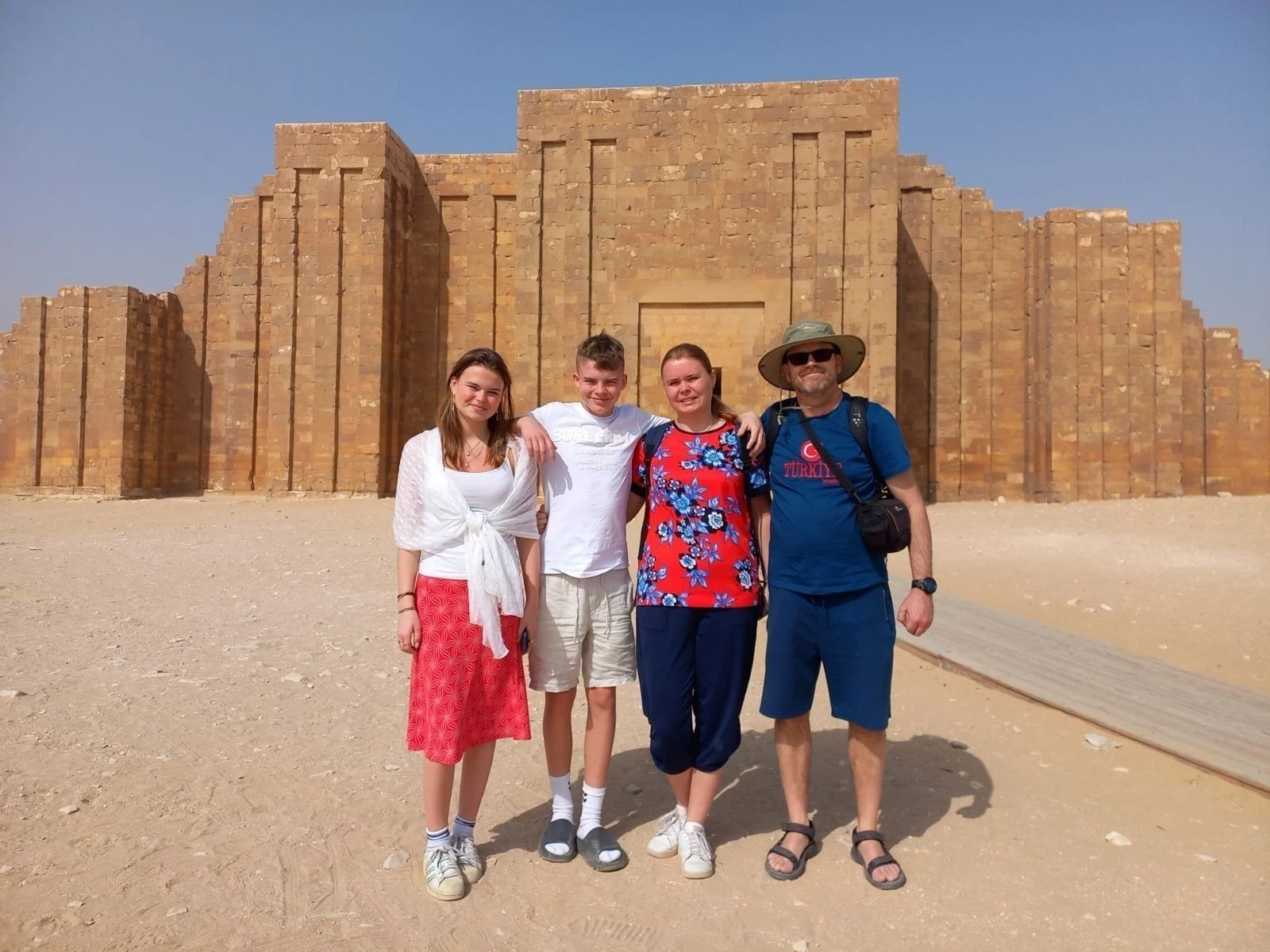
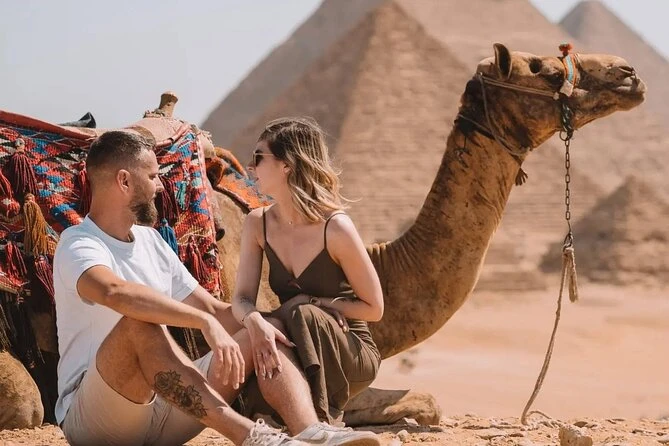






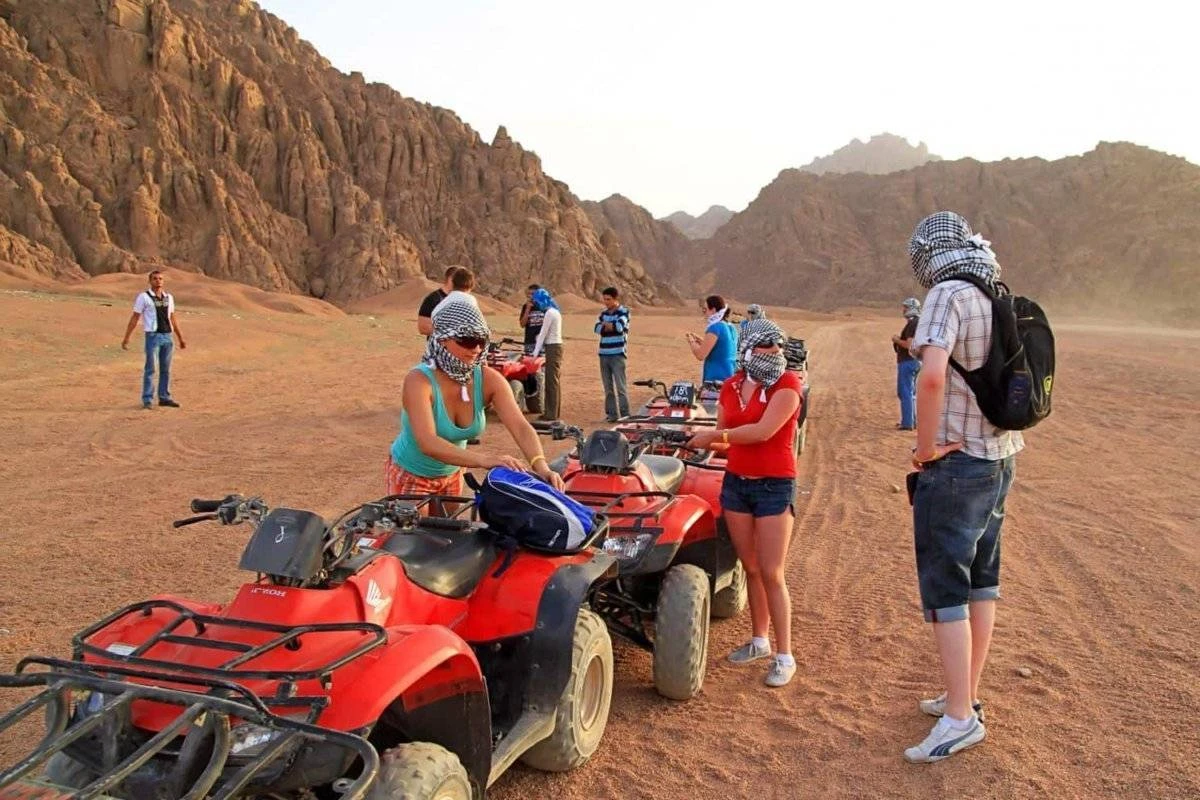
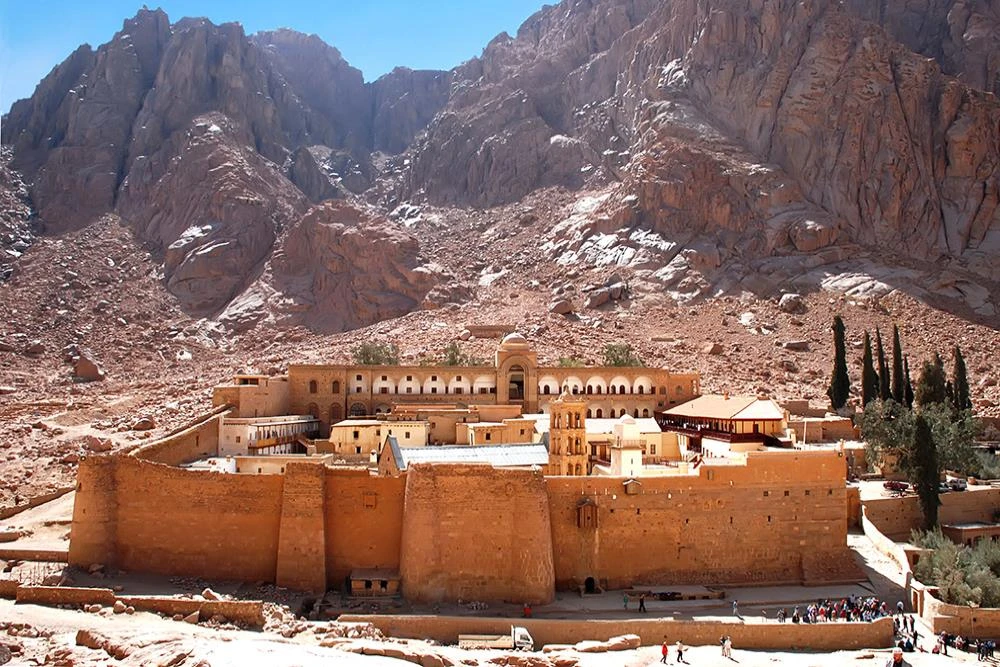
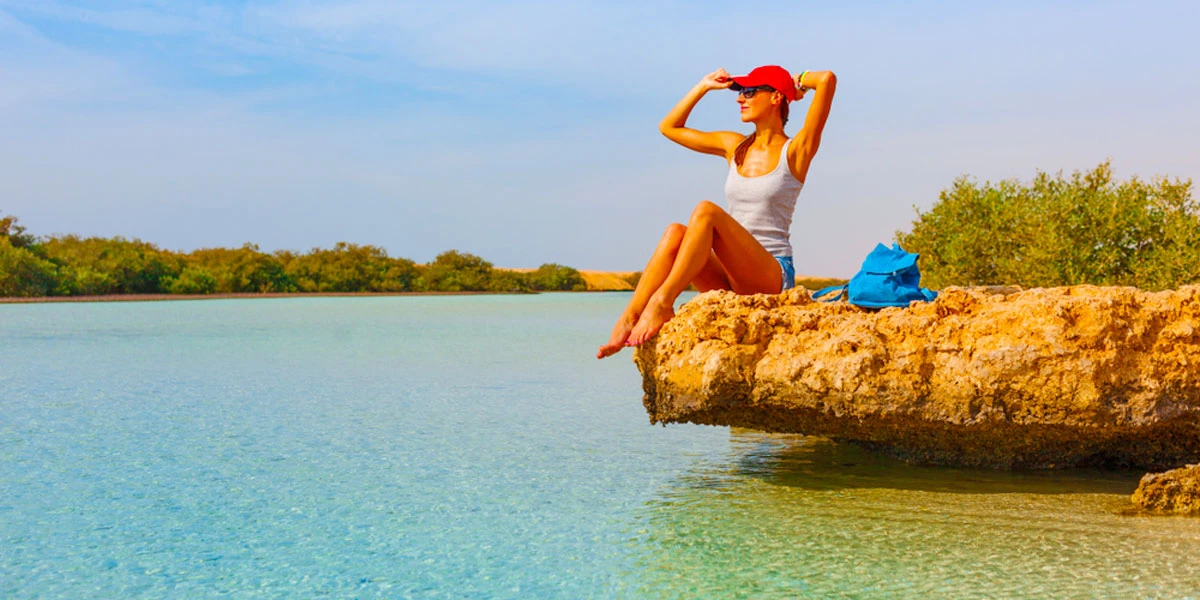
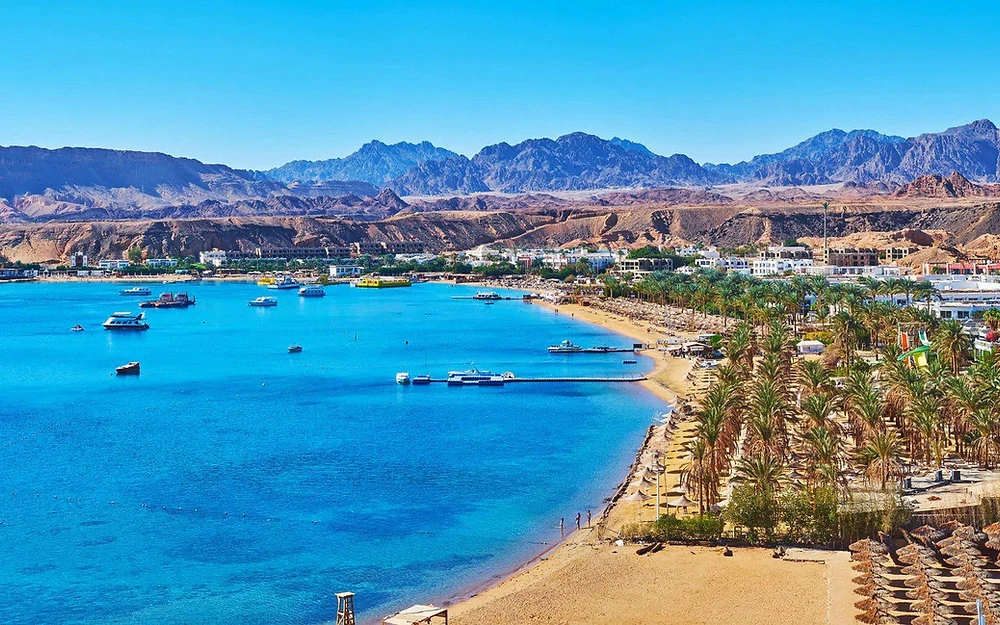


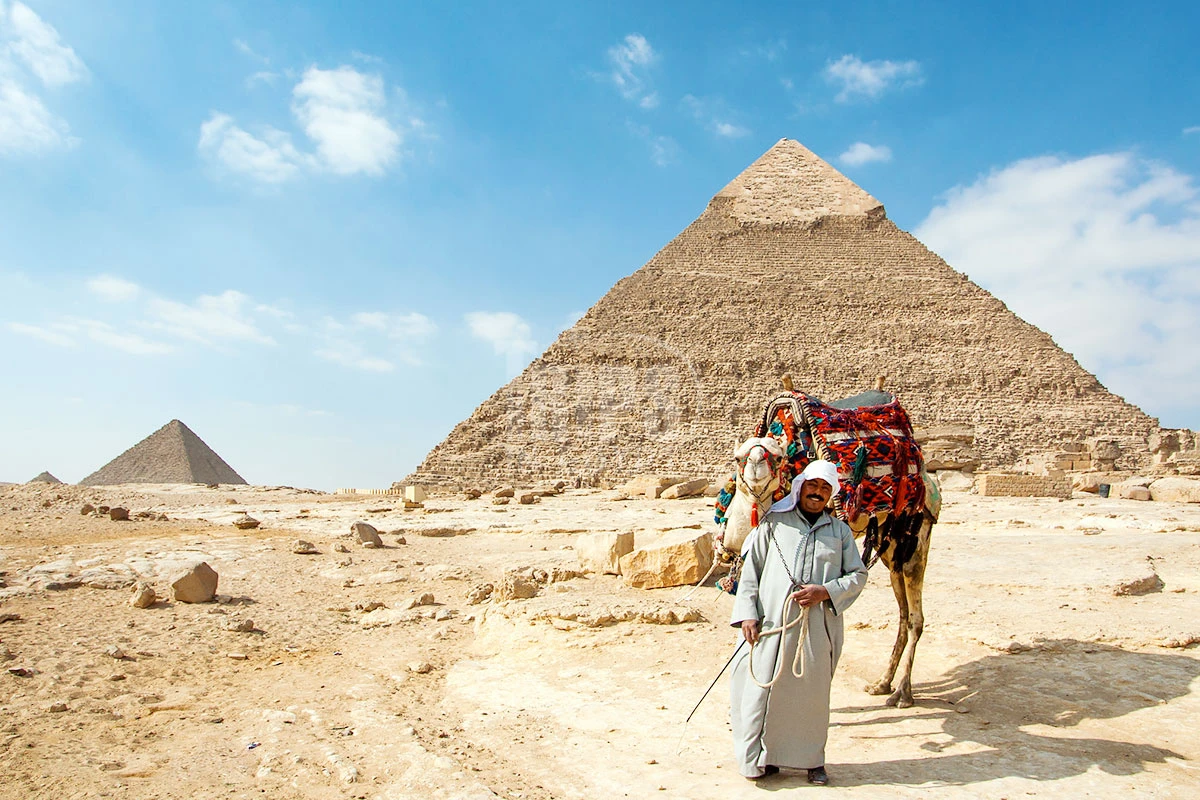

-webp.webp)
-webp.webp)

-webp.webp)



